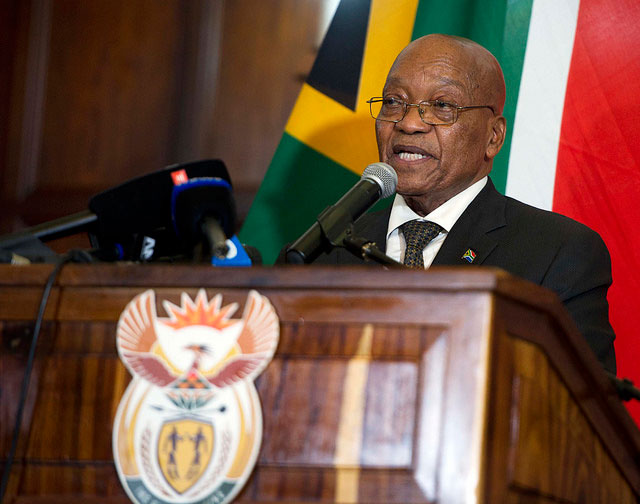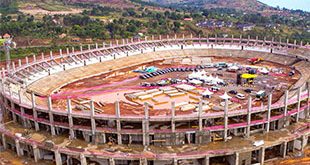
Why citizens have good reasons to be fed up with their politicians and what needs to be done about it
COMMENT |TAHIRU AZAAVIELE LIEDONG| A few months ago, a video in which a street boy blamed bad leadership for Nigeria’s socio-economic problems, went viral on social media in the country. He called for a mass burial of the country’s political elite, which in his opinion, would help combat corruption and unlock the country’s potential.
His view echoes the inner and hidden sentiments many people living in African countries have about their leaders.
The reasons for this are not hard to find. Most African leaders have done little to improve the welfare of their people, who are very poor, while they, and their cronies, live in opulence.
The rot goes all the way through the political chain to elected and appointed public officers – starting with political parties. Party financiers and godfathers dictate who holds what public office without regard for competence and internal democracy. They ultimately dictate how state affairs and funds are managed with barely a distinction between public and private funds. So, elections don’t seem to help, mainly as the politicians are the same. Despite African political parties espousing different ideologies and launching welfare manifestos, nothing really changes when governments change.
Corruption is prevalent throughout the continent. Tied to this is the fact that anti-corruption efforts fail because of a lack of honest and accountable leaders. Many have co-opted democratic systems, such as regular elections, or they simply make up the rules as they go along to stay in power. Behind it all lies an insatiable appetite for money, and the realisation that power can deliver untold wealth. In these scenarios, played out across dozens of countries on the continent, the state (and the people) are sacrificed to greed. And those brave enough to stand up and be counted are driven out – either literally or figuratively.
Ubiquitous corruption
Every year about USD$50 billion is lost through illicit transfers. Not only does this hold back the continent’s socio-economic progress, it also threatens peace, security and stability.
A recent study found that in Sokoto State, Nigeria, corruption facilitates the spread of radical ideology and induces about 70% of the youth to join Boko Haram, a group which killed 11,885 civilians between 2011 and 2016.
Whereas the ubiquity and repercussions of corruption in Africa have been widely articulated, the fight against it seems to be a fleeting illusion.
Anti-corruption measures mainly revolve around legislating to tighten loopholes, strengthening anti-corruption institutions, and empowering the media and citizens to report or stand up against malfeasance.
But the success of these measures depend on the often overlooked but crucial role of good leadership.
Willing, able and visionary leaders are required to push through sweeping reforms to curb corruption and augment public accountability. Unfortunately, such leadership is lacking in Africa.
 The Independent Uganda: You get the Truth we Pay the Price
The Independent Uganda: You get the Truth we Pay the Price



